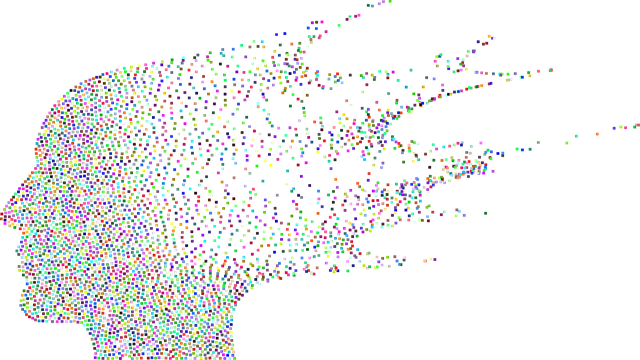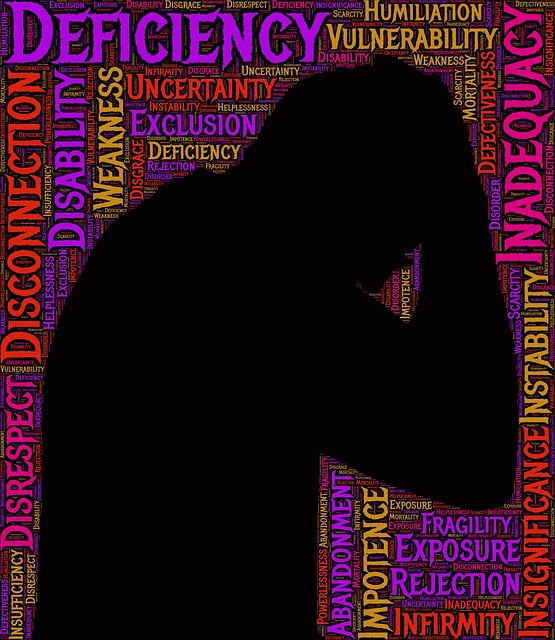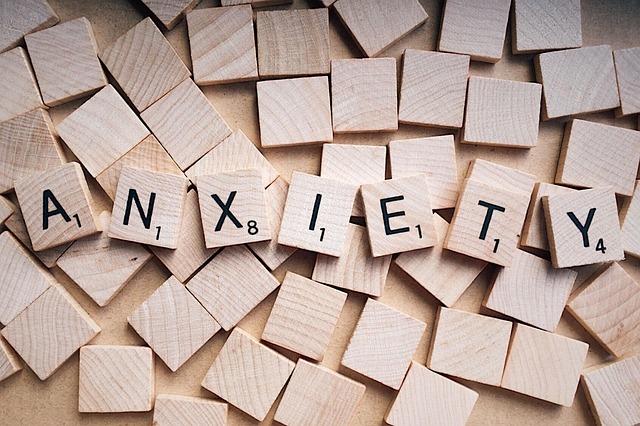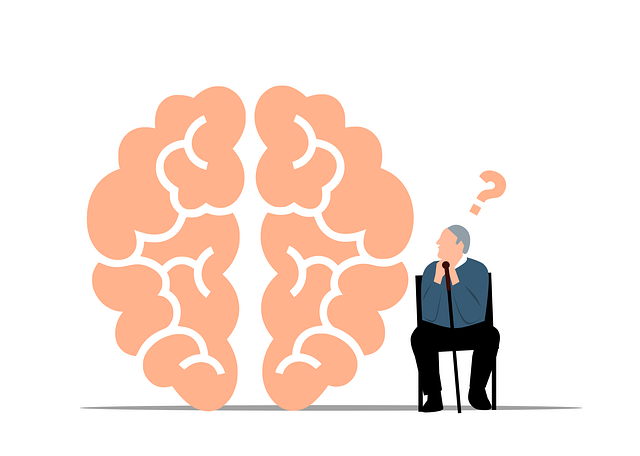Longmont Grief Counseling Therapy emphasizes cultural sensitivity as a cornerstone of effective mental healthcare, recognizing that understanding diverse perspectives, beliefs, and communication styles is crucial for delivering tailored treatment. Therapists integrate traditional healing methods, family dynamics, and community influences to create inclusive environments where clients feel empowered, fostering trust and strong therapeutic alliances. This holistic approach not only enhances therapy outcomes but also aids in risk management by addressing cultural triggers and coping mechanisms. As a result, Longmont mental health professionals provide culturally competent care that addresses the specific needs of all individuals, promoting healing and personal growth across diverse backgrounds.
Cultural sensitivity is a cornerstone of effective mental healthcare, especially in diverse communities. This article explores the intricate relationship between cultural diversity and mental health, focusing on strategies for culturally competent practice in Longmont Grief Counseling Therapy. We delve into understanding cultural nuances, their impact on therapy outcomes, and practical steps to build trust and facilitate meaningful communication with diverse clients. By embracing these approaches, mental health professionals can enhance care delivery and improve therapeutic results.
- Understanding Cultural Diversity in Mental Health Care
- The Impact of Cultural Sensitivity on Therapy Outcomes
- Strategies for Practicing Cultural Competence in Longmont Grief Counseling
- Building Trust and Effective Communication with Diverse Clients
Understanding Cultural Diversity in Mental Health Care

In the realm of mental healthcare, recognizing and embracing cultural diversity is paramount to delivering effective treatment. Longmont Grief Counseling Therapy, for instance, must navigate a complex tapestry of beliefs, values, and communication styles that vary across different ethnic, racial, and cultural groups. Understanding these nuances is crucial in fostering trust and building strong therapeutic alliances.
Cultural sensitivity involves developing the ability to perceive and respect diverse perspectives, including non-Western approaches to health and wellness. This includes acknowledging traditional healing methods, family dynamics, and community influences that shape individuals’ mental health experiences. By integrating positive thinking, resilience building, and emotional intelligence into therapy sessions, mental health professionals can create inclusive environments where clients from various cultural backgrounds feel heard, understood, and empowered.
The Impact of Cultural Sensitivity on Therapy Outcomes

Incorporating cultural sensitivity into mental healthcare practice significantly enhances therapy outcomes. This approach ensures that treatment methods are tailored to each client’s unique background, beliefs, and experiences, fostering a deeper connection and understanding. When mental health professionals in Longmont Grief Counseling Therapy recognize and appreciate cultural differences, they can offer more personalized care. This personalization boosts client confidence and encourages open communication, making therapy more effective. By understanding the client’s cultural context, therapists can avoid inadvertently causing offense or misunderstanding, thereby creating a safe and supportive environment for healing.
Cultural sensitivity also plays a vital role in risk management planning for mental health professionals. It helps them navigate complex issues like cultural triggers for anxiety relief and unique coping mechanisms. This awareness enables therapists to proactively manage risks and develop strategies that resonate with diverse clients, promoting successful treatment outcomes. By integrating cultural sensitivity into their practices, mental health professionals in Longmont can better serve their community, providing inclusive care that addresses the specific needs of all individuals, regardless of their cultural background.
Strategies for Practicing Cultural Competence in Longmont Grief Counseling

In the context of Longmont Grief Counseling Therapy, cultural competence is a cornerstone for providing effective support to diverse clients. Therapists can enhance their practice by integrating strategies that foster understanding and empathy across different cultural backgrounds. One key approach involves actively listening to clients’ narratives, allowing them to express their experiences without judgment, and validating their emotions. This process enables therapists to gain valuable insights into cultural beliefs and practices that may influence grief expression.
Additionally, building resilience through culturally sensitive methods is essential. Therapists can incorporate techniques focused on emotional intelligence to help clients manage their moods and navigate complex emotions related to loss. By combining these strategies with a deep understanding of cultural nuances, Longmont Grief Counseling services can offer tailored interventions that promote healing and personal growth. This holistic approach ensures that every client receives care that respects their unique cultural identity and contributes to their overall well-being.
Building Trust and Effective Communication with Diverse Clients

Building trust and fostering effective communication with diverse clients is a cornerstone of successful mental healthcare practice, particularly in areas like Longmont Grief Counseling Therapy. Cultural sensitivity plays a pivotal role in this process. By recognizing and respecting each client’s unique cultural background, values, and beliefs, therapists can create an environment where individuals feel heard, understood, and supported. This, in turn, enhances trust and opens doors to deeper exploration of emotional challenges.
In the context of Longmont Grief Counseling Therapy, professionals must be adept at tailoring their communication styles to suit different cultural needs. This involves active listening, clear explanation of therapeutic approaches, and a willingness to learn about the client’s cultural context. Empowering clients through inner strength development is achieved when therapists demonstrate genuine interest in understanding their perspectives, thereby fostering open dialogue and promoting healing.
Cultural sensitivity is a cornerstone of effective mental healthcare, particularly in diverse communities like Longmont. By understanding cultural diversity and implementing strategies for cultural competence, therapists in Longmont Grief Counseling can significantly improve therapy outcomes. Building trust and enhancing communication with clients from various backgrounds ensures that care remains accessible and tailored to individual needs. This approach not only benefits the client but also enriches the therapeutic experience, fostering a more inclusive and supportive environment in Longmont Grief Counseling therapy.














